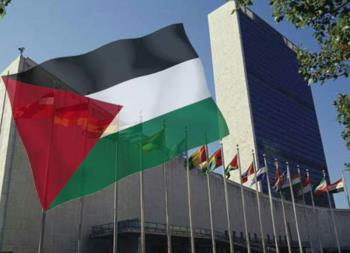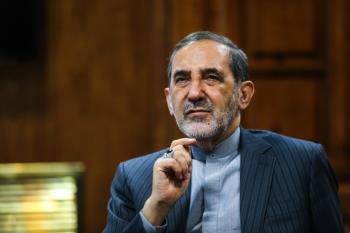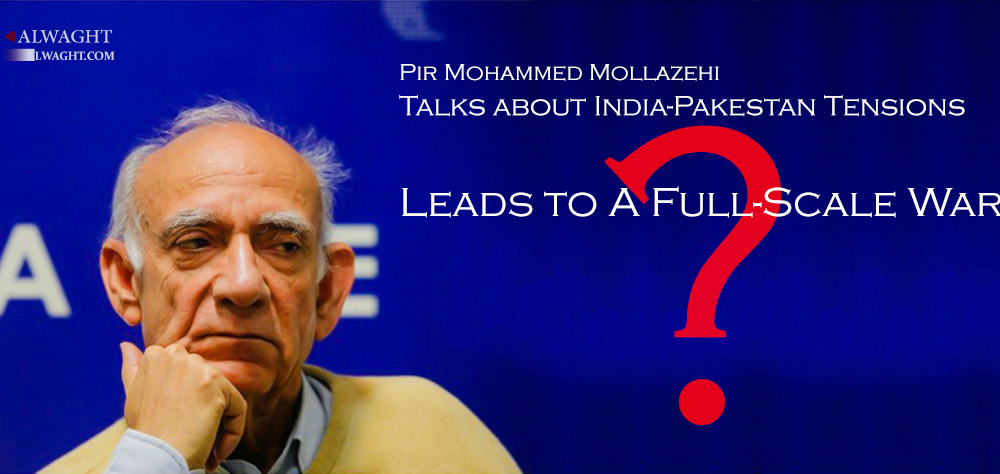Alwaght- The tensions between Pakistan and India in past few months escalated to a degree that the border guards from two sides opened fire at the opposite side. Despite the fact that the escalation of border tensions are influenced by the critical conditions in Kashmir as well as other issues, it appears that New Delhi and Islamabad are not interested to allow the situation in their relations develop into a full-scale conflict.
Due to significance of the issue, the Alwaght has conducted an interview with Pir Mohammed Mollazehi, an expert on Indian Peninsula political affairs, to bring in spotlight recent developments in the tense Indian-Pakistani relations.
Alwaght: With regard to the recent escalating developments in New Delhi-Islamabad ties, what do you think are roots of disputes between them? Since when the two sides began confronting each other?
Mollazehi: The Indo-Pakistani conflicts have an array of roots. Some of them are historical and actually date back to Pakistan’s independence from India, and the later disputes that appeared later between them about Kashmir. They so far have fought three wars over the possession of Kashmir. Even now the dispute remains a sticking point between them. Another issue is New Delhi’s allegations about activity of anti-Indian terrorist groups in Pakistan which allegedly are trained in the Pakistani territory and are equipped by Pakistan’s Inter-Service Intelligence (ISI) with the aim of separating Kashmir and annexing it to Pakistan. Another push for tensions is the mechanism for sharing the water resources between the two neighbors. An accord signed in mid-1960s by New Delhi and Pakistan has specified each side’s share from water sources of the border rivers, particularly Indus River that the two states of Sindh and Punjab well rely on it for their water supply. Recently the Indians started dam building projects to maintain the water, something clearly raising Pakistan’s concerns. Pakistan is worried that curbing the waters behind the dams will cut off Islamabad’s share and lead to a serious water crisis. A crisis that is inclined to go beyond Indo-Pakistani borders, because China has warned that should New Delhi declines to consider Islamabad’s water share from Indus River, Beijing will block the Ganges River's origins in Tibet. This measure, in turn, will push India into water troubles.
Alwaght: Do you think that escalation of tensions between India and Pakistan will lead to a wider crisis or even a full-scale war between them?
Mollazehi: when in the past the two countries engaged in wars, they still had not achieved nuclear weapons but now any war could slip out of control and they may resort to use of nukes. It is very unlikely, however, that the leaders of two sides tend to enter a war. On the other side, the international players will not allow them to go to a war that can transform into a nuclear war. This issue is specifically significant because of the two sides' unequal military strength. Very likely being defeated in any possible war with India, the Pakistani army will see it unavoidable to resort to nuclear strikes. Therefore, due to political, economic, and military inequality of Islamabad and New Delhi the two countries will not move to a point that the crisis worsens, not to forget that the world will not let such a tragic war take place.
Alwaght: How big is Kashmir dispute's role in intensification of the current struggles?
Mollazehi: The fact is that the key issue the Indo-Pakistani dispute revolves around is the Kashmir conflict. If they can find a settlement for Kashmir challenge, the two countries can cooperate as friend and allied countries due to their exchanged needs for each other. But Kashmir cause is very complicated. It is a territorial dispute and so no easy solution can be found for it. Even the political parties in India or Pakistan that seek solution for Kashmir dispute are branded with treason in their home countries. Kashmir issue, in fact, has turned into a red line or a taboo that the political parties decline to show flexibility in its regard or solve it for the fear of not winning votes in elections. So, Kashmir is the key origin of the disputes and as long as it remains unsettled, it is very unlikely that Pakistan-India ties get back to normal course. Not only New Delhi-Islamabad relations but also SAARC (South Asian Association for Regional Cooperation) is affected by their tense relations, having in mind that SAARC is a regional organization like ASEAN (Association of Southeast Asia Nations). India and Pakistan’s differences have weakened SAARC. If New Delhi says it will not take part in SAARC meeting in Islamabad, Bangladesh, Afghanistan, and Nepal will also refuse to participate. The regional organization in practice will suffer from challenges.
Alwaght: How do the Kashmiris view the struggle between India and Pakistan?
Mollazehi: Pakistan’s Kashmir has everything clear about the issue. It agrees that the whole of Kashmir must join Pakistan. However, the views in India are conflicting. Additionally, a demographic alteration has taken place in Indian Kashmir between the Muslims, Hindus, and Buddhists. A part of Kashmir is now Buddhist-inhabited and the Muslims are not a majority in some parts of Kashmir. This issue has affected the views in Kashmir about the Indian government. Since the beginning, the Muslims of Kashmir lacked unanimity. A part of the Muslims thought if they tend to India, it will work in favor of Kashmiri Muslims community. At the same time, there was another segment of the Muslims that gravitated towards Pakistan, and so India refused to give a go-ahead to a proposal by the UN for holding referendum in Kashmir. At the present time, there began to appear a third view in Kashmir: some Kashmiri nationalist groups argue that Kashmir must separate both from India and Pakistan and the two sides unite and rise as an independent state. The third approach seeks welfare-powered development and national independence. Once a referendum is held, this third view can be considerable and can draw recognition of the Kashmiris.
Alwaght: How do some regional countries like Iran and Afghanistan influence the course of tensions between India and Pakistan?
Mollazehi: Following defeat of Taliban in Afghanistan in 2002 Pakistan ended up in a new situation, because Taliban was very close to Pakistan and Islamabad thought that in the time of Taliban Afghanistan became Pakistan’s strategic depth in the face of India. But after Taliban government’s fall in Afghanistan, India’s influence in Afghanistan saw a boost. This was a very worrisome issue for Pakistan, because the Pakistanis see themselves in a state of encirclement, in one side they have India and in other side the pro-India Afghanistan. Pakistan argues that the Indian security services have intervened in Balochistan province of Pakistan and are backing the separatist Balochistan Liberation Army. Thereby, the Pakistanis have adequate reasons to raise concerns about India’s sway in Afghanistan.
On the other side, Iran has friendly relations with both India and Pakistan. Iran is in a position that if conditions allow and a political will is displayed, can play role of a mediator. Earlier when tensions heightened to a war level between Afghanistan and Pakistan over Mohammad Dauod Khan’s coup in Afghanistan, Iran managed to settle the crisis by mediation. In fact, Iran is in a position that can play a mediatory role and so spur the two sides to return to the negotiating table, though the problems are highly intricate and cannot be easily solved.
Alwaght: How do you view Washington’s role as we know about US-India close relations and at the same time gaps in US-Pakistan ties?
Mollazehi: At the present time, India is the US choice because New Delhi is a military, economic, and political power and holds greater potentials than Pakistan. In the time of Cold War Pakistan took attention of the Americans while India was close to the Soviet Union. In fact, Pakistan was ally of the US and India was ally of the Soviets. But now the conditions have changed drastically, and India is very close to the US because New Delhi has the capability to make balance in its ties with China, the US , and Russia. On the opposite side, Pakistan has failed to build a democratic and military power that can politically settle the problems. The power status in Pakistan is very volatile and the army and political parties are at odds over many cases. The army several times staged coups and drove out the political and party power. These conditions have impaired Pakistan in front of India. Considering present conditions and its strategic interests in rivalry with China and Russia, the US views India as a strategic partner, while Pakistan is not qualified for this position. As a result, Islamabad is moving closer to China and Russia in order to, as it thinks, build a balance in its relations with the US.



























